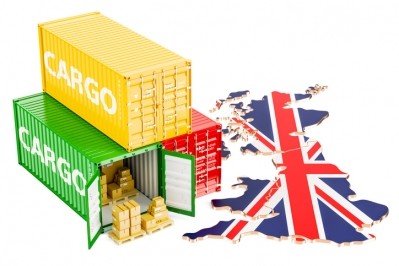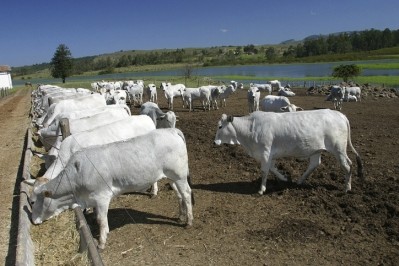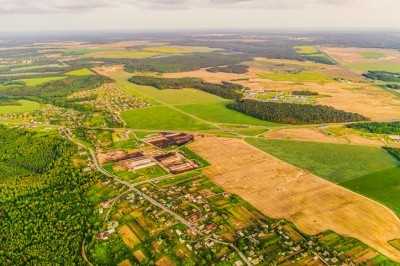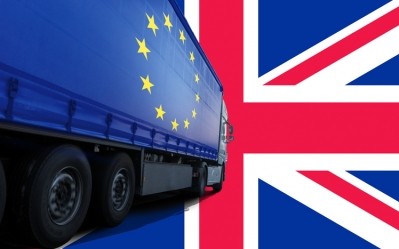UK feed buyers could benefit from new scheme cutting tariffs on imports from developing countries
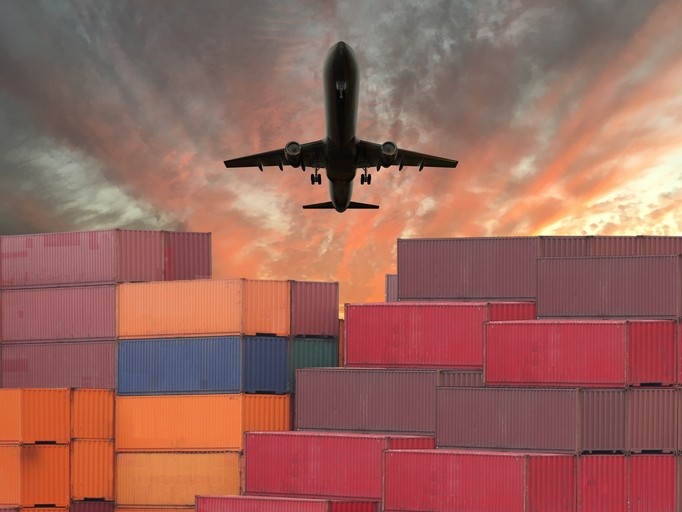
The UK government published a policy paper in August, when introducing the Developing Countries Trading Scheme (DCTS). It comes into force in early 2023.
The DCTS, which will replace the UK’s Generalised System of Preferences (GSP), a program that the UK initiated post-Brexit, means UK businesses will be able to import from 65 countries across Africa, Asia, Oceania and the Americas with less red-tape and lower costs.
According to the UK authorities, the new scheme is designed to contribute to developing countries’ integration into the global economy, create stronger trade and investment partners for the future and strengthen supply chains.
The DCTS also simplifies complex trade rules – including rules of origin – making it easier for businesses in developing counties to export to Britain.
Countries qualify for the scheme if they are within the UN’s least developed country framework or the World Bank’s measure of low-income (LIC) and lower-middle-income countries (LMICs). The DCTS does not apply to LICs and LMICs that have a free trade agreement (FTA) with the UK.
Feed imports
James McCulloch, head of feed sector, Agricultural Industries Confederation (AIC), sees some positives in the scheme for UK feed supply:
“Given the current pressure on global commodity markets resulting from the Russian invasion of Ukraine and mixed harvest prospects across the globe, trade measures that enable buyers to consider sourcing from developing countries provide added flexibility into the supply chain.
“The UK animal feed sector draws the majority of its volume feed ingredients from UK farmers though it is reliant on imports for some categories of feed materials which are not commonly grown in the UK.”
All imported materials, though, whether they are sourced from developing or developed countries, will need to comply with the relevant UK feed assurance standards, he told this publication.
